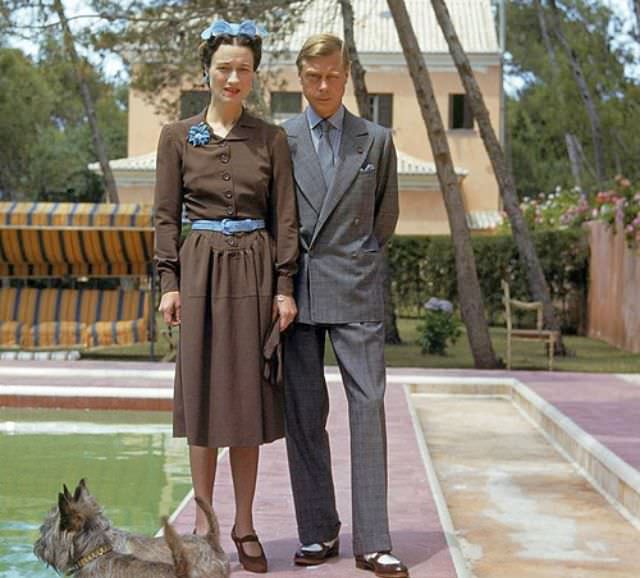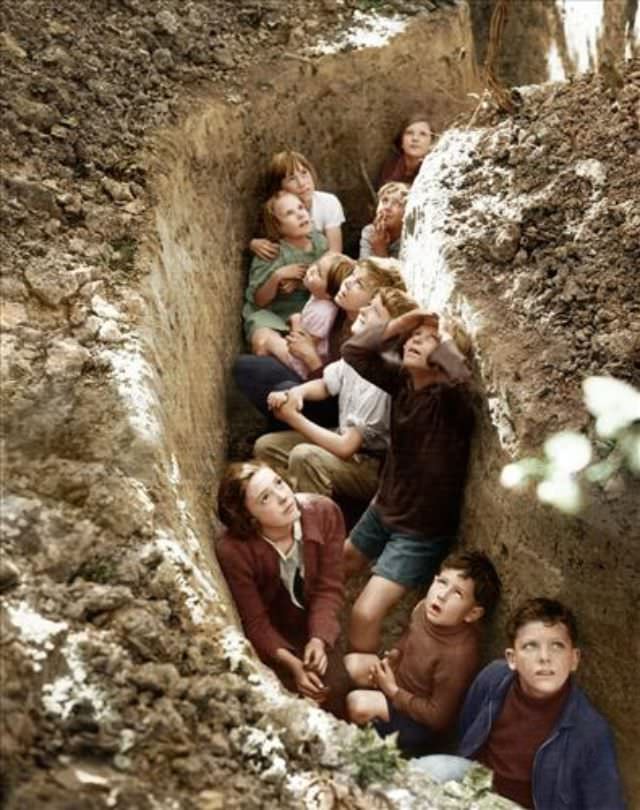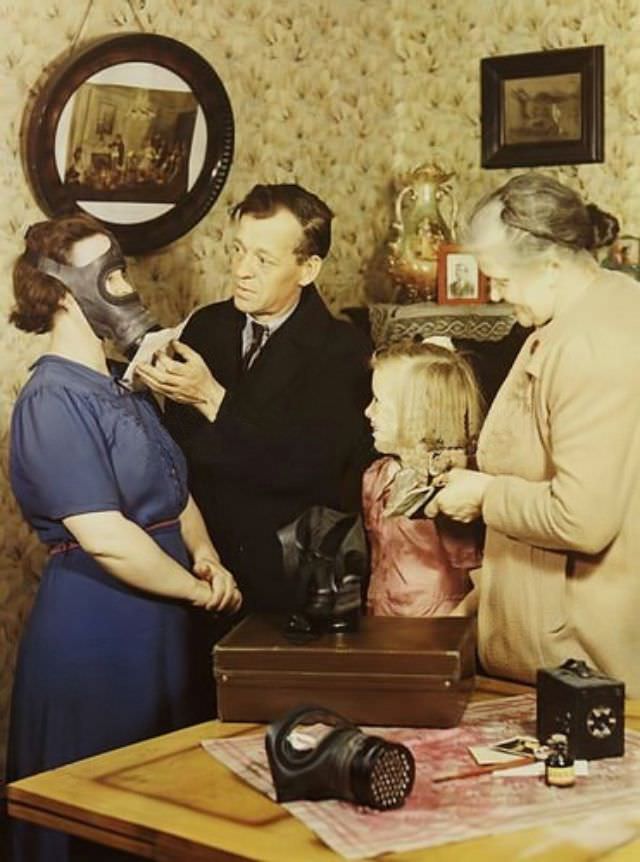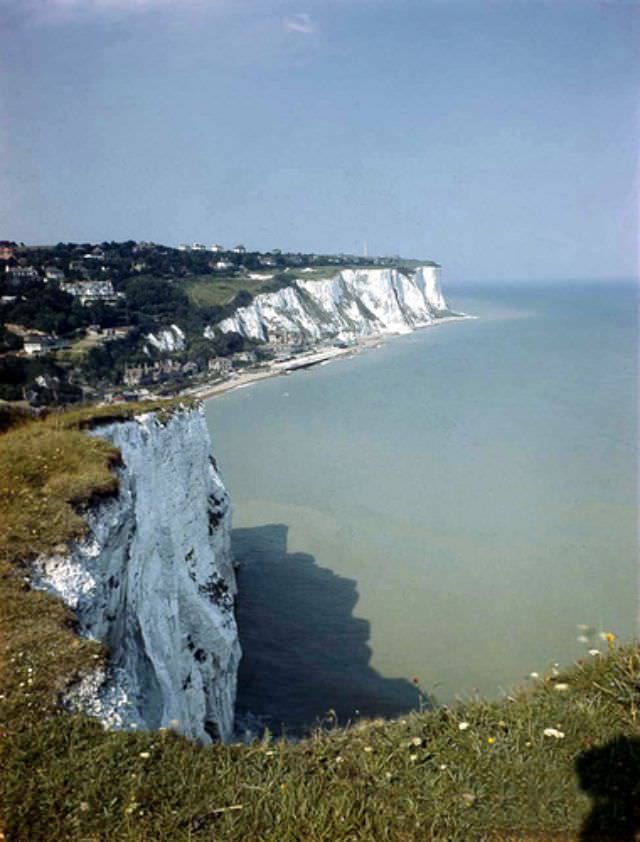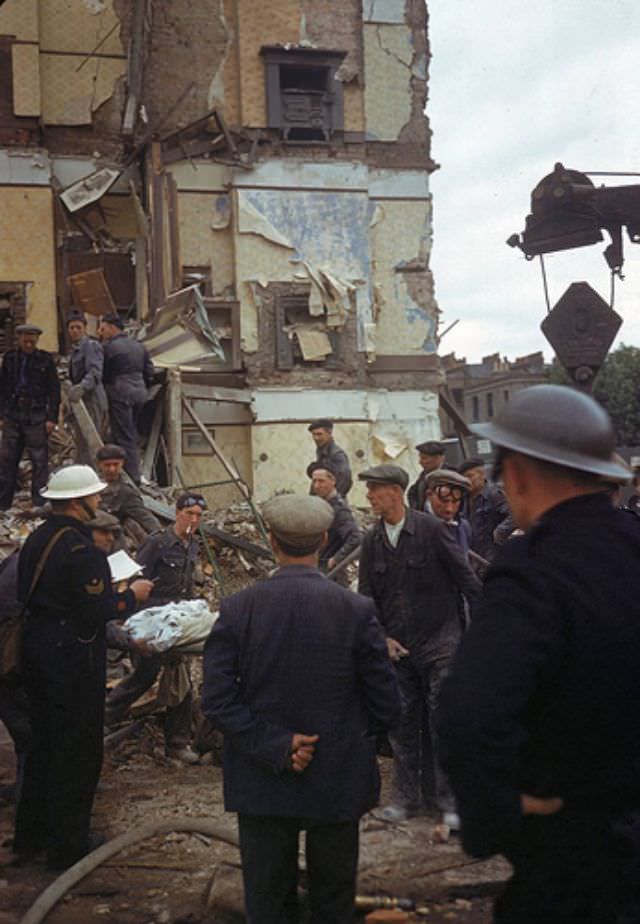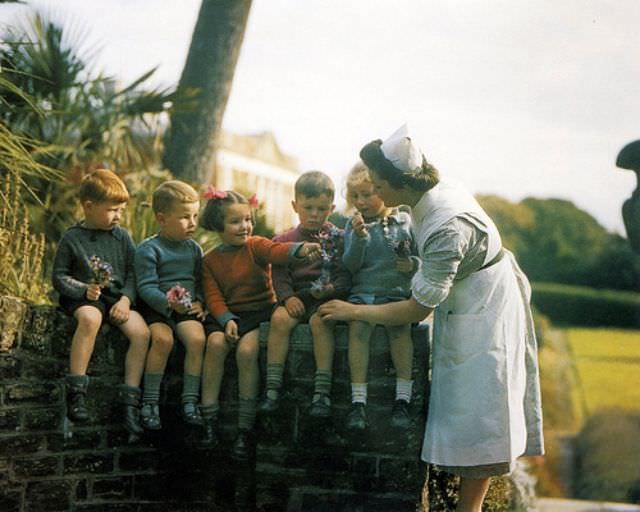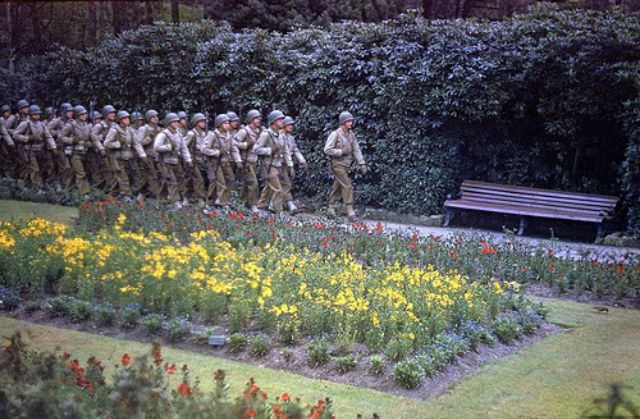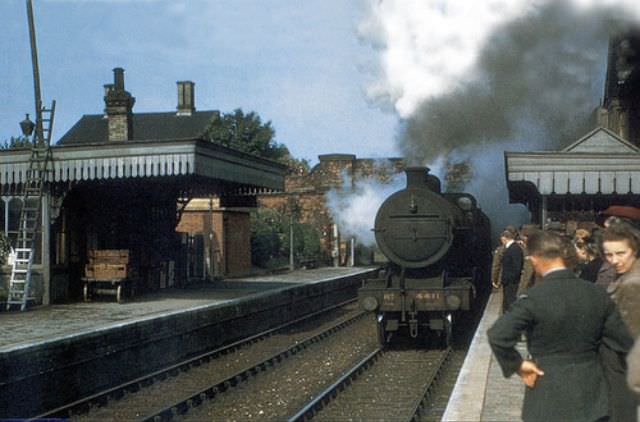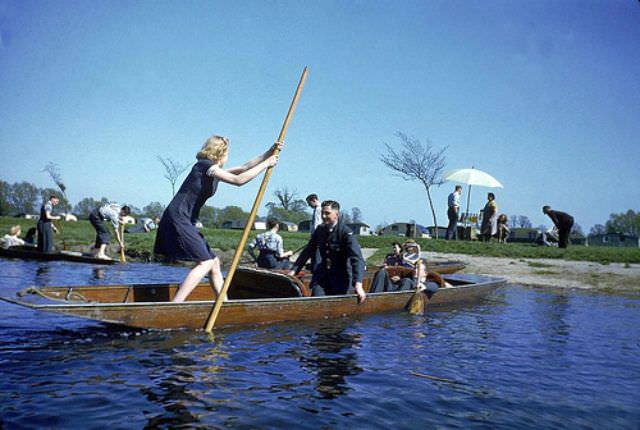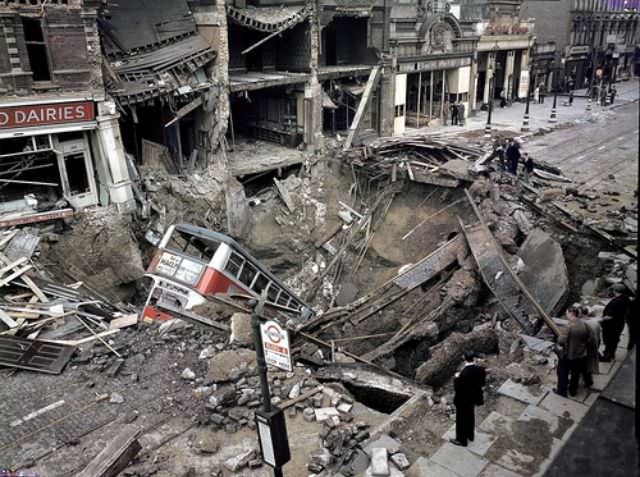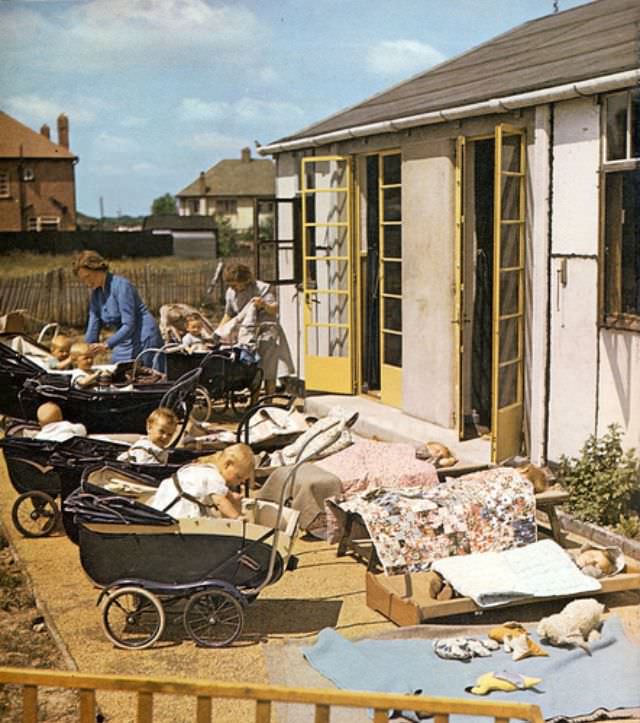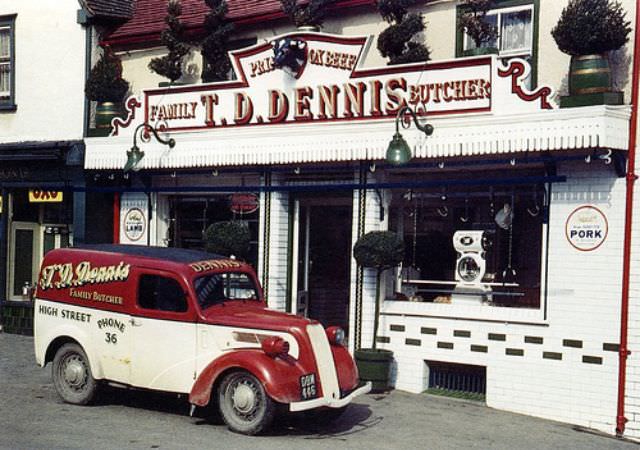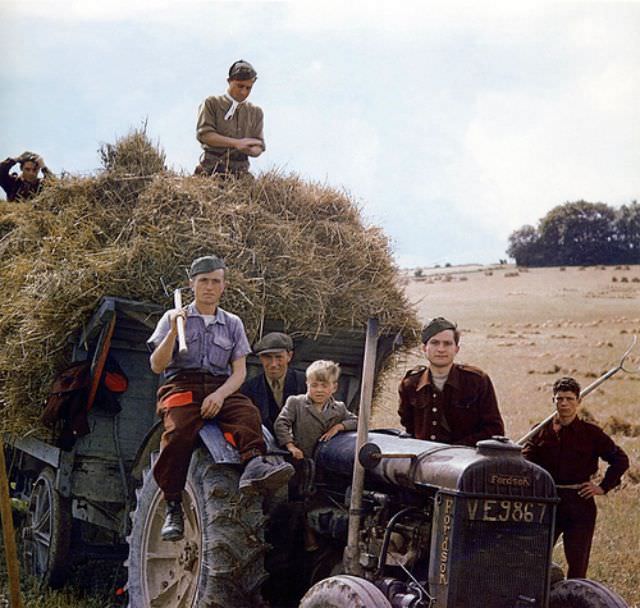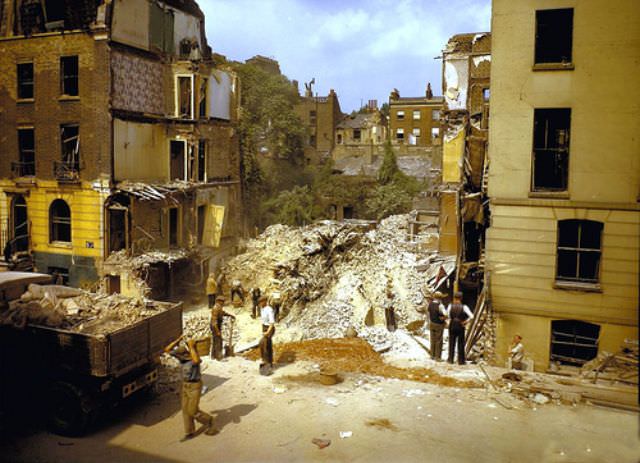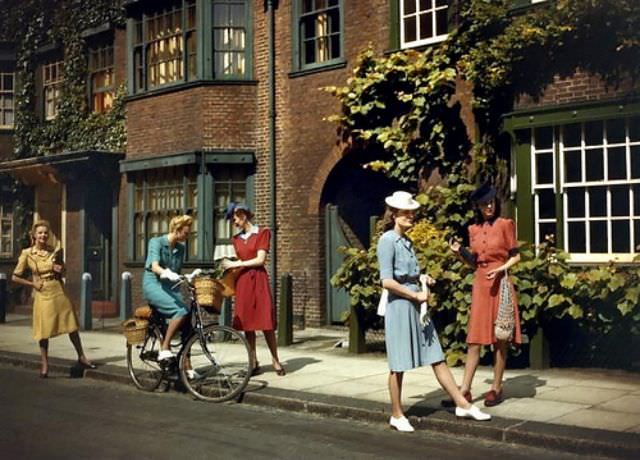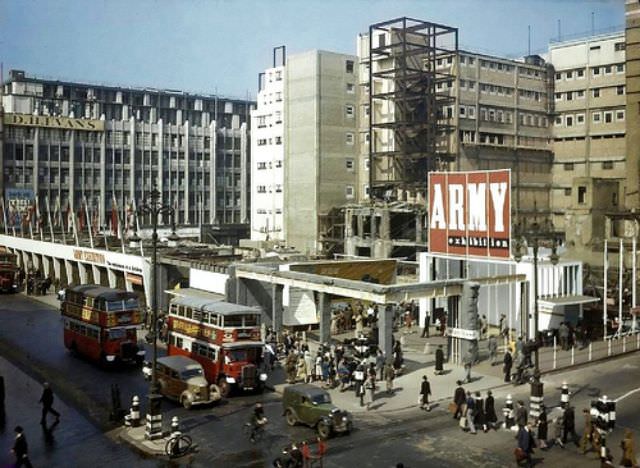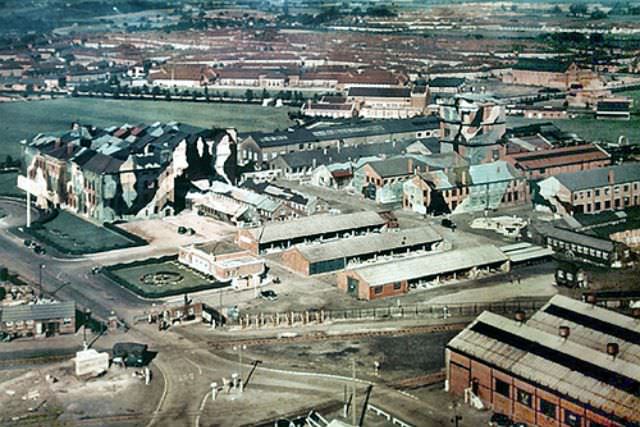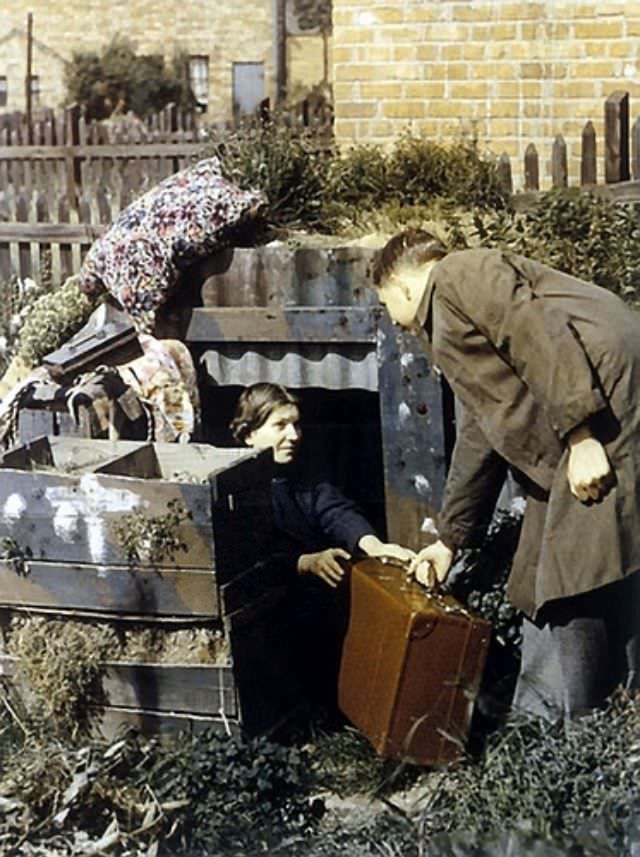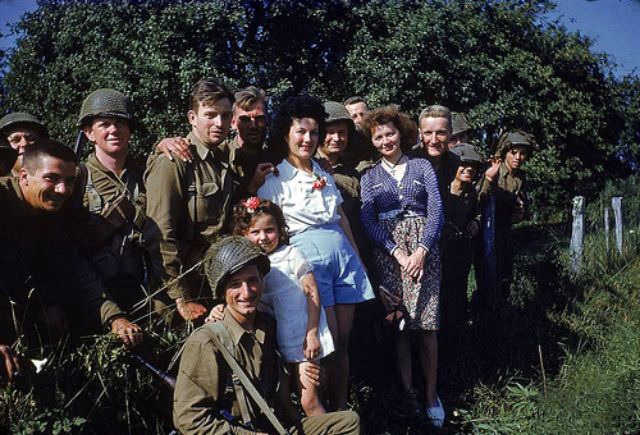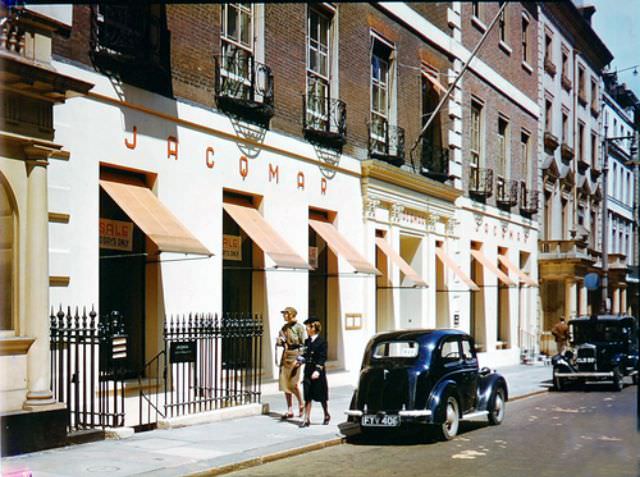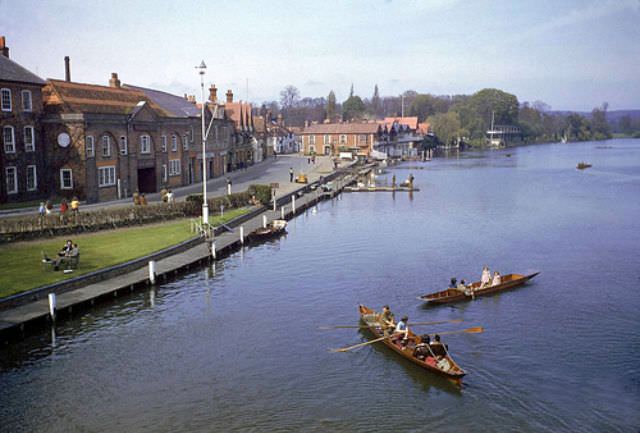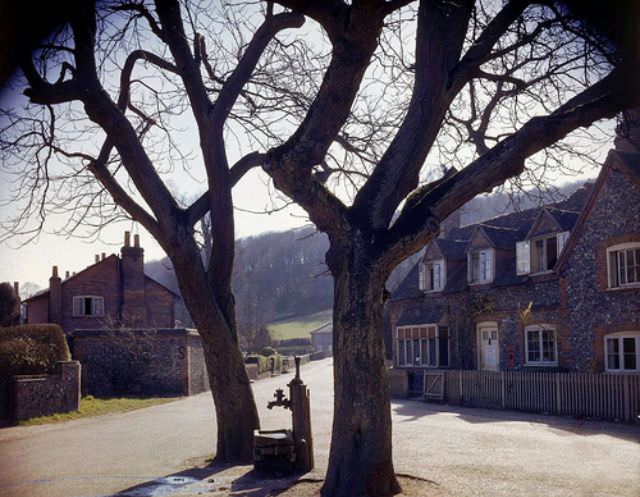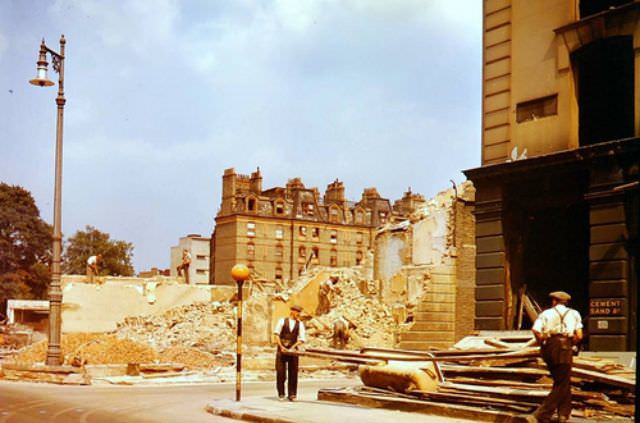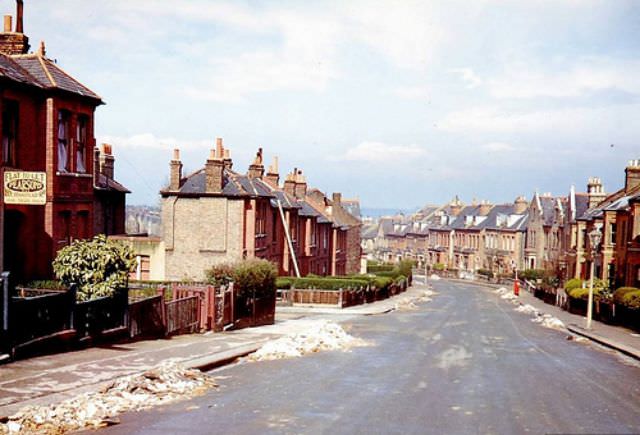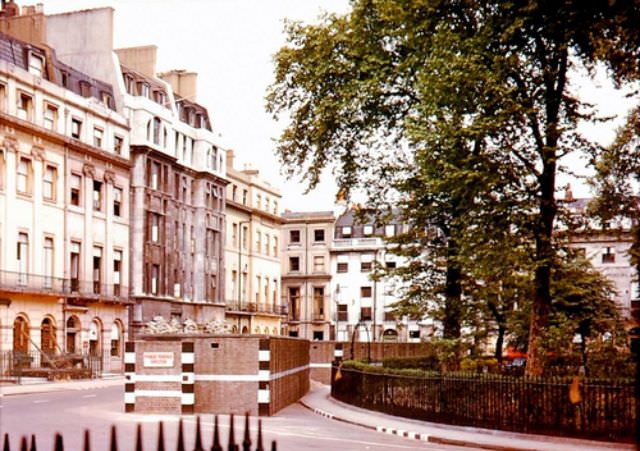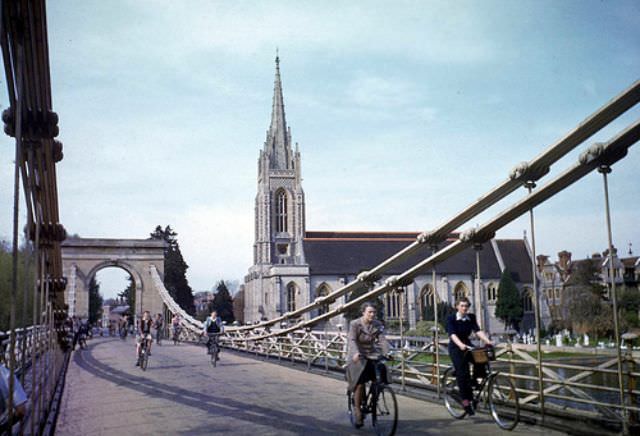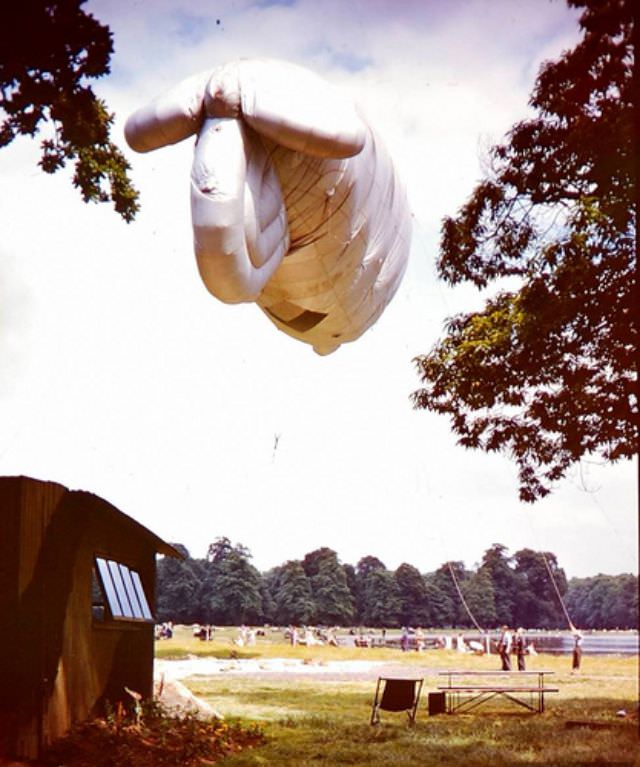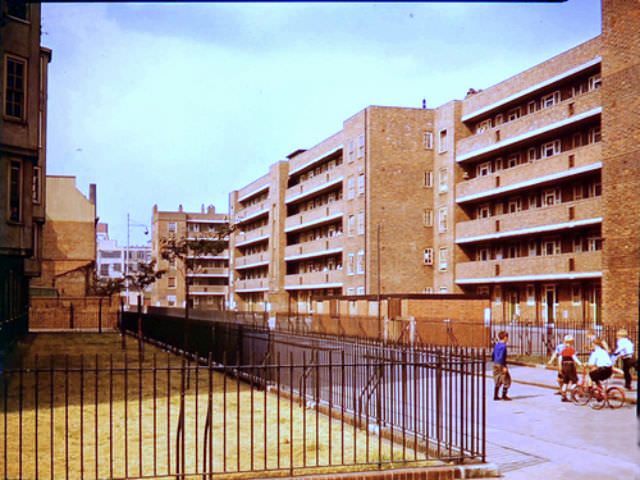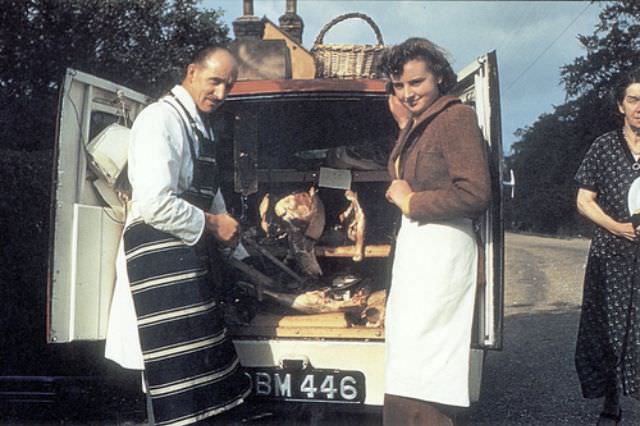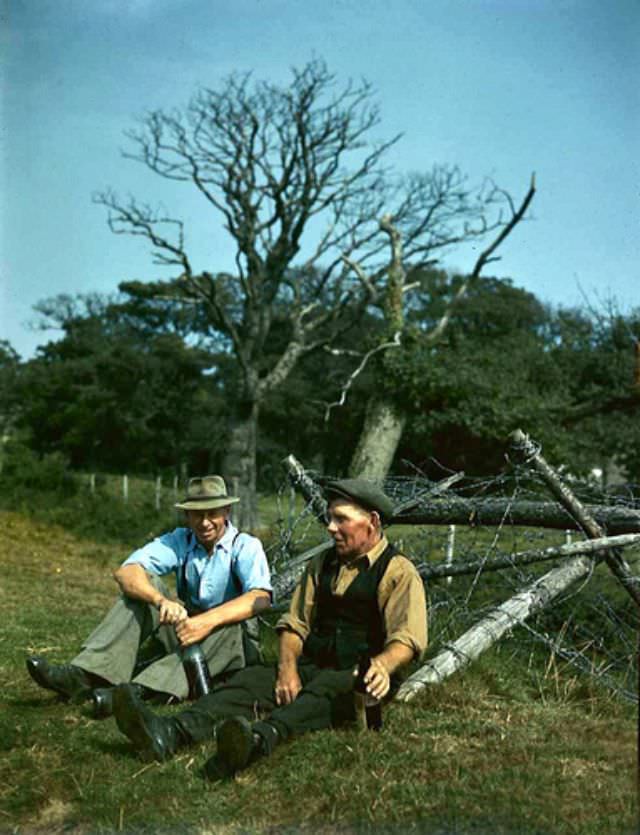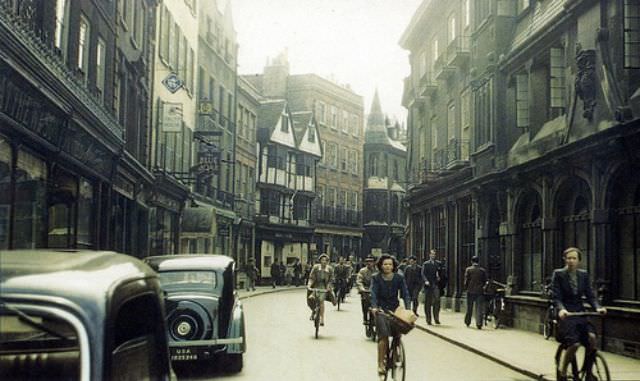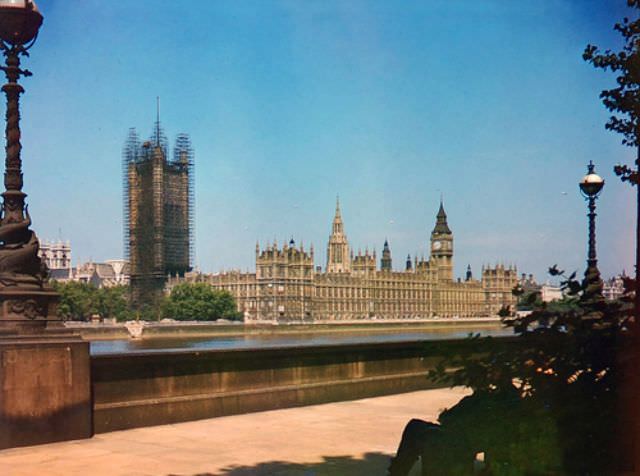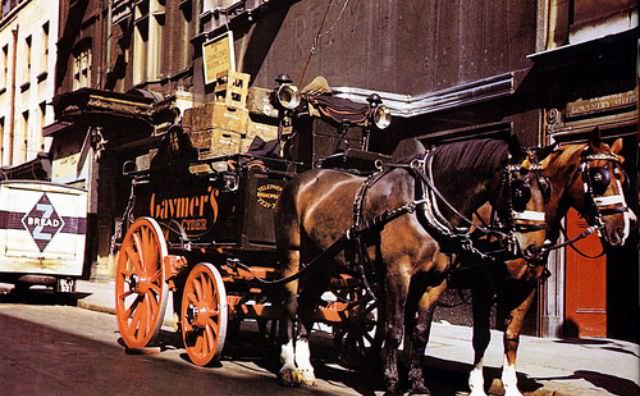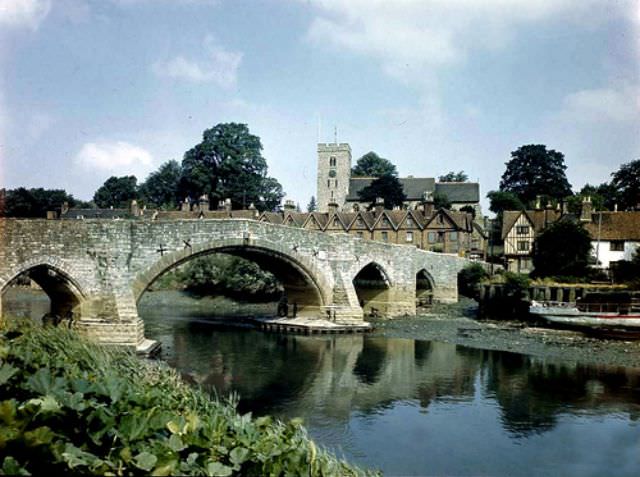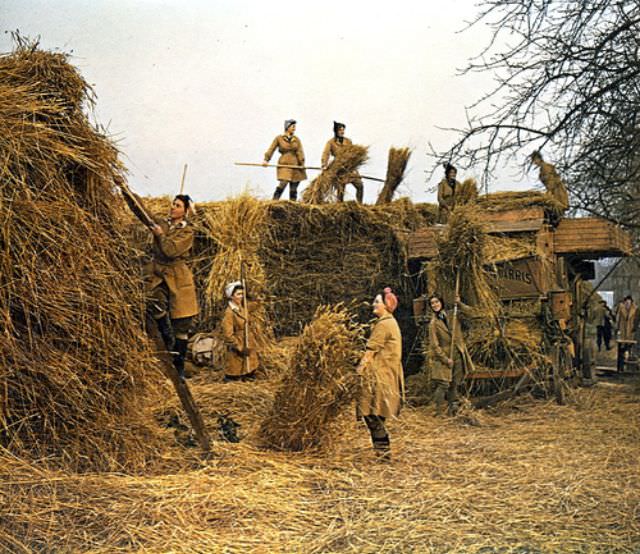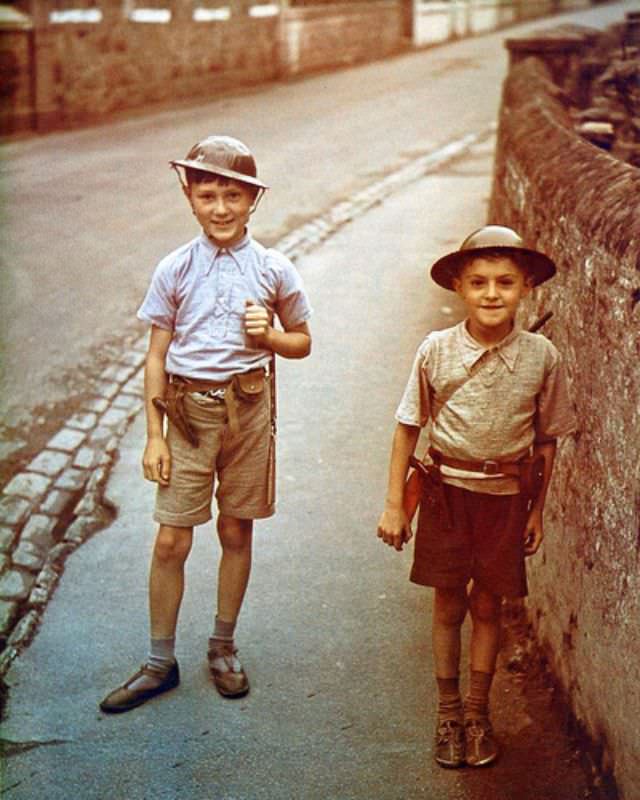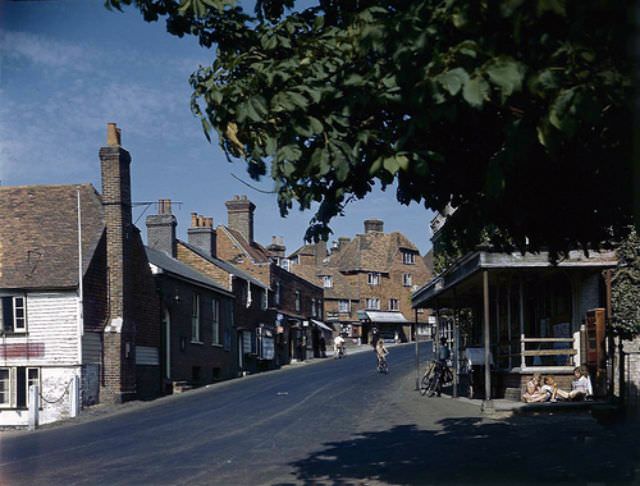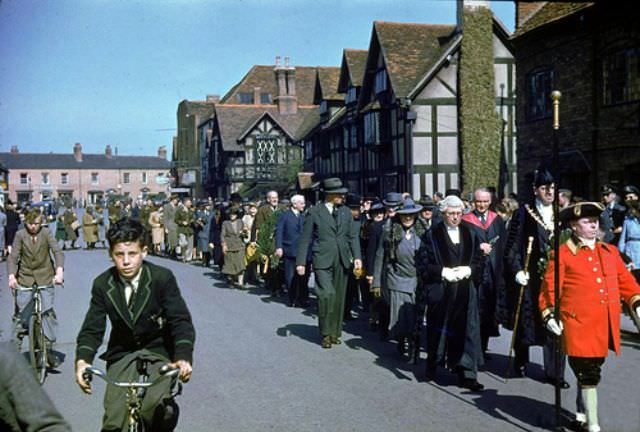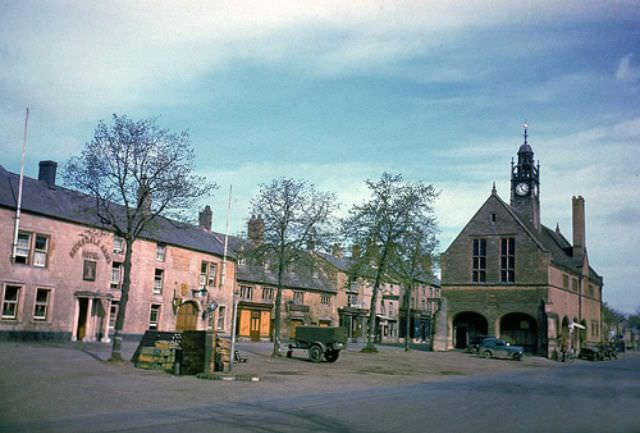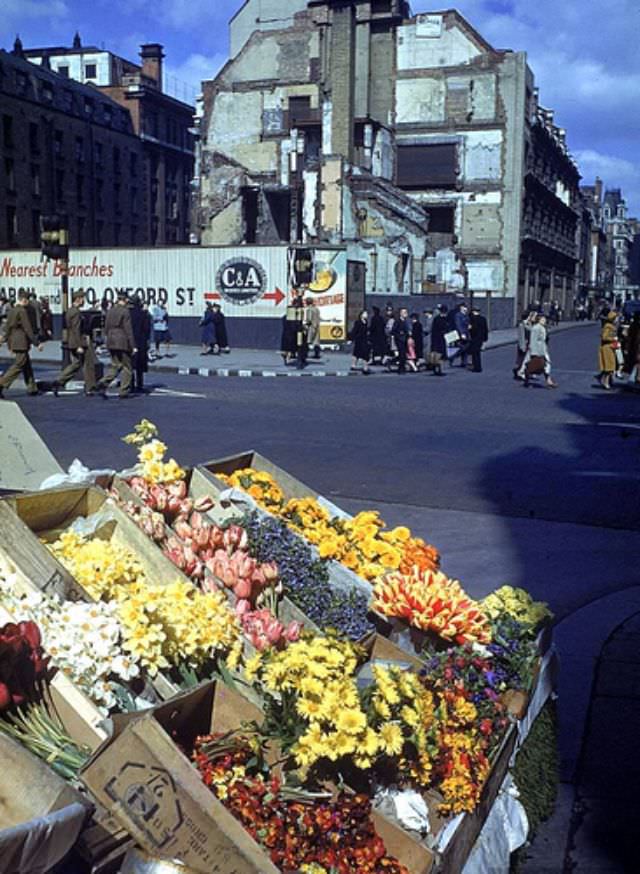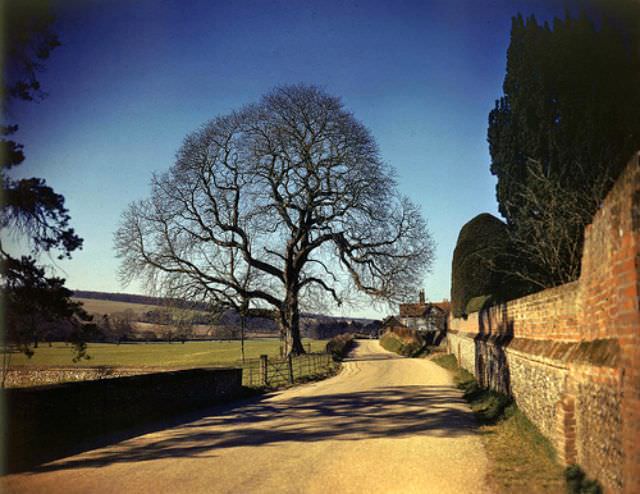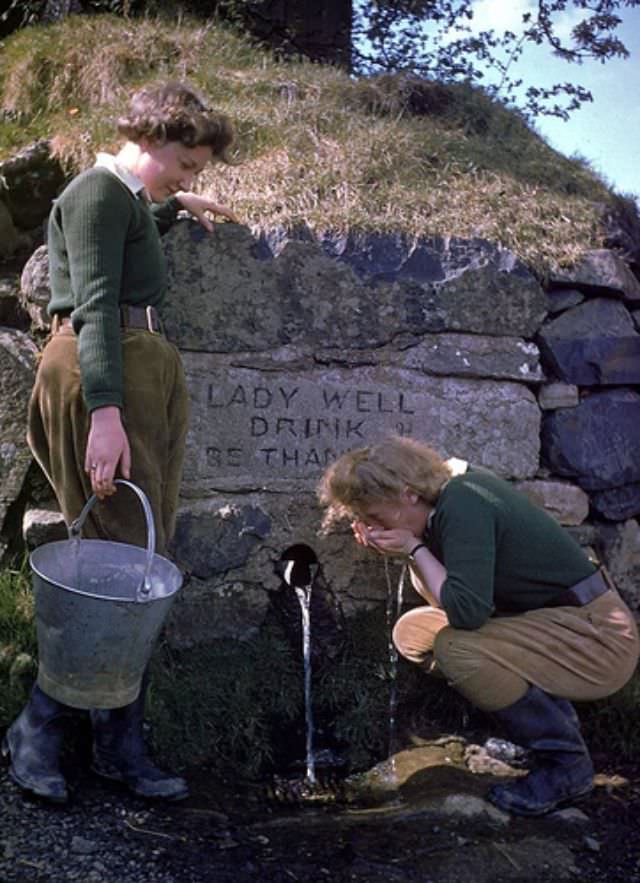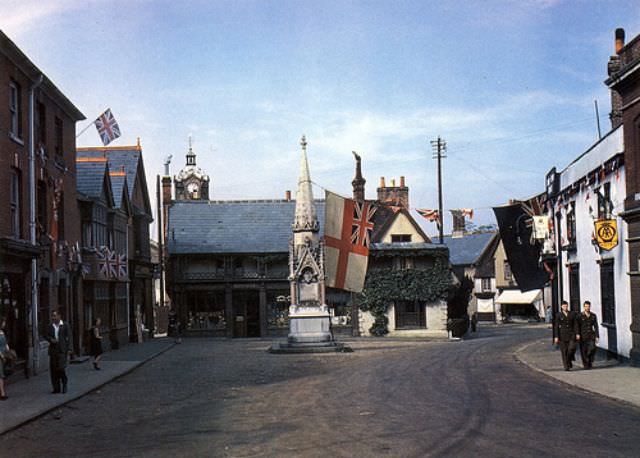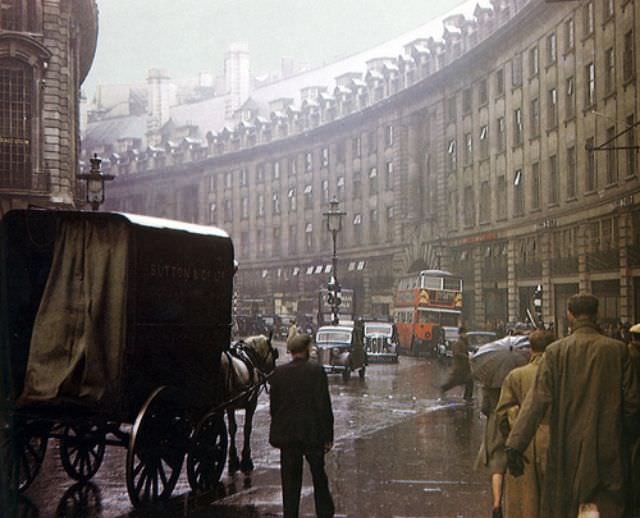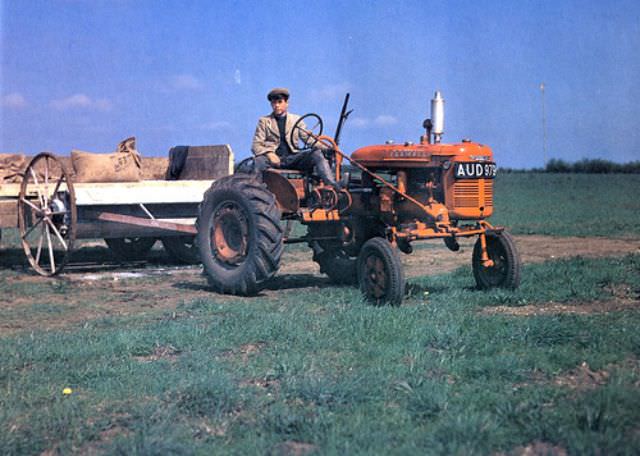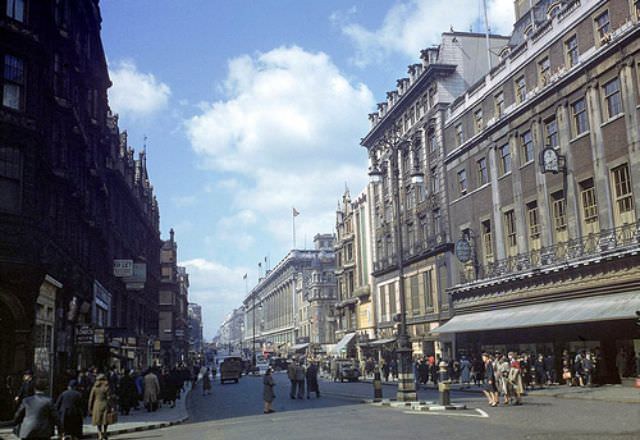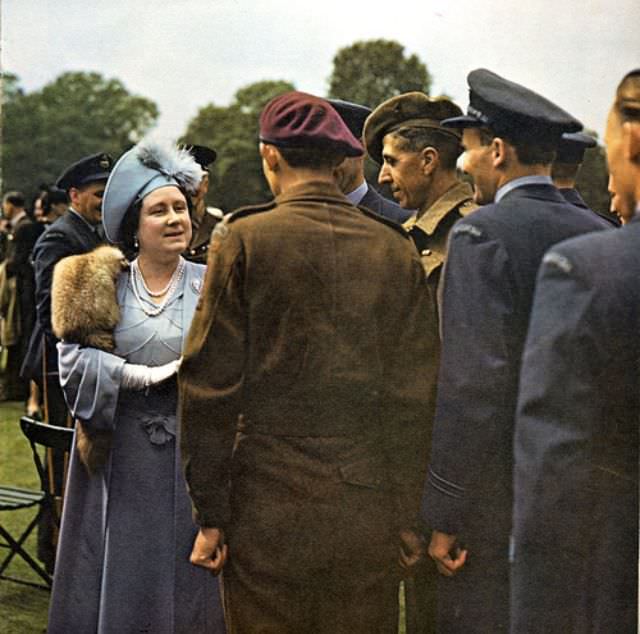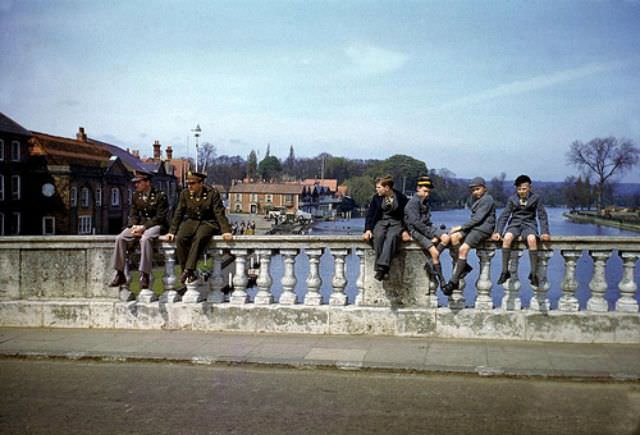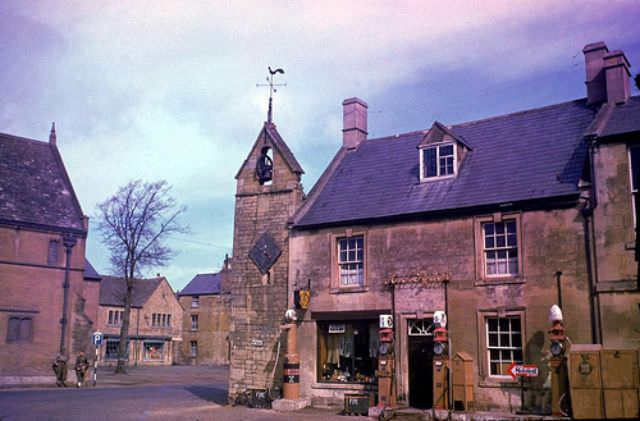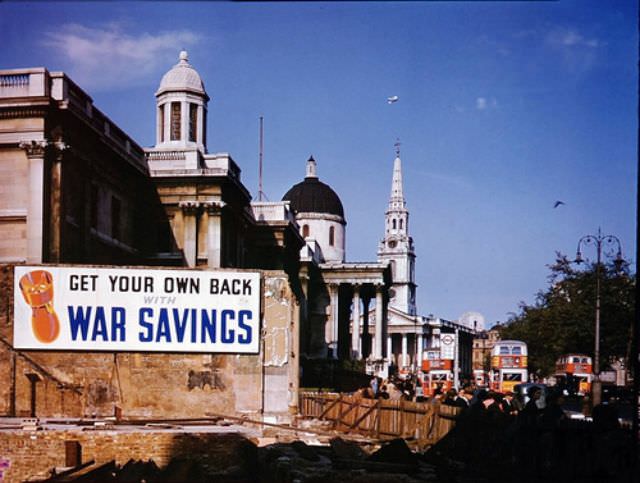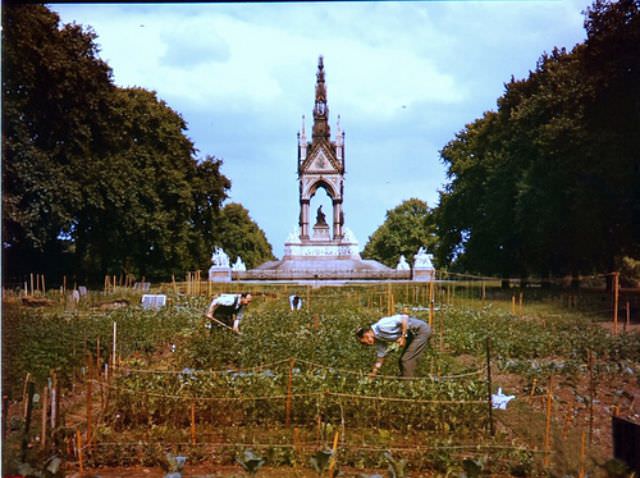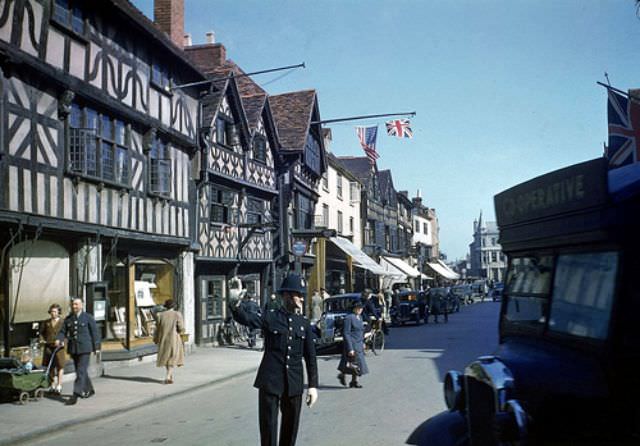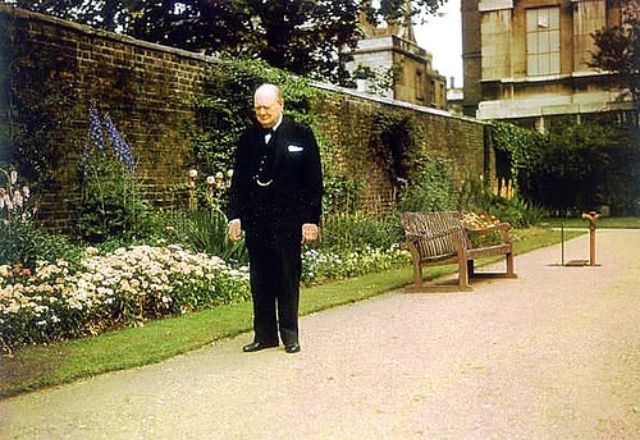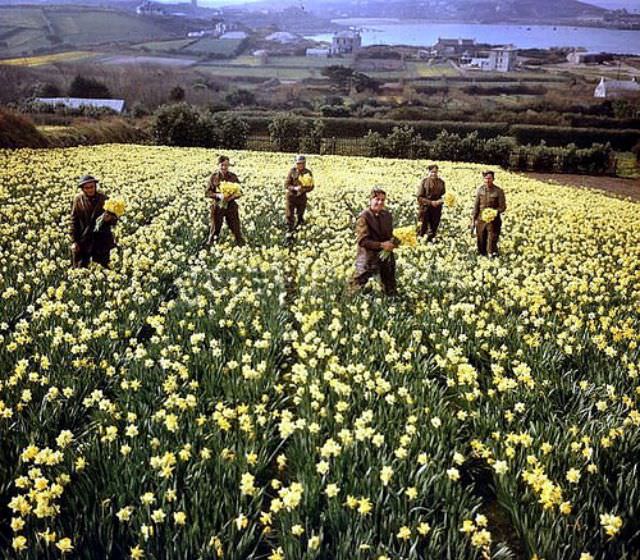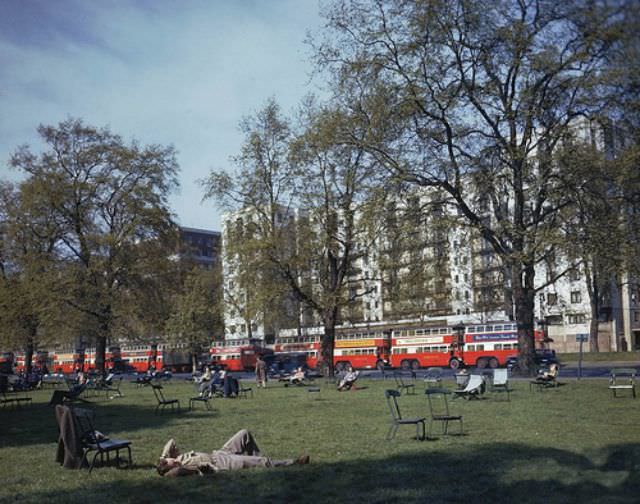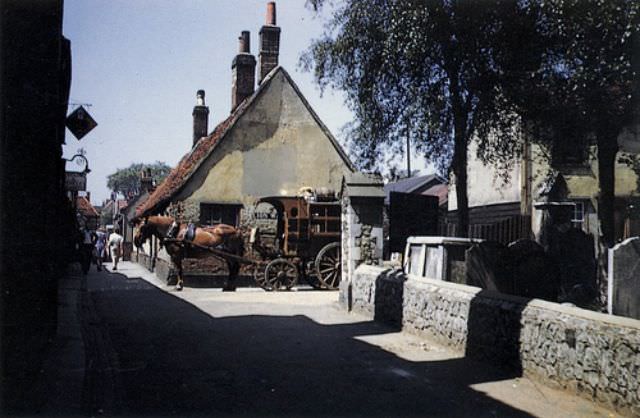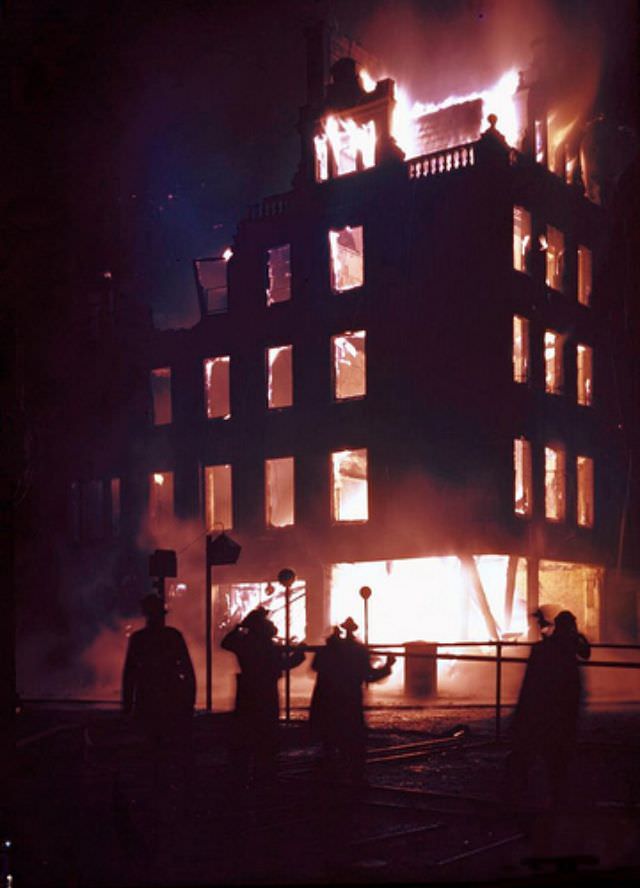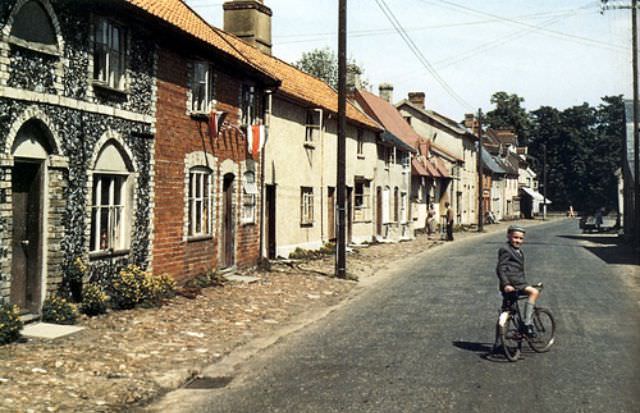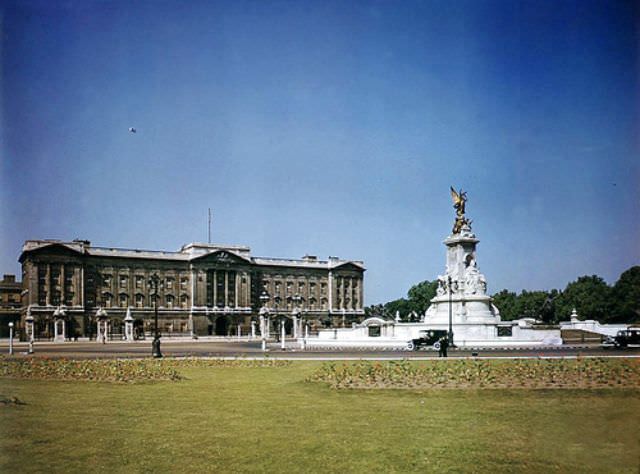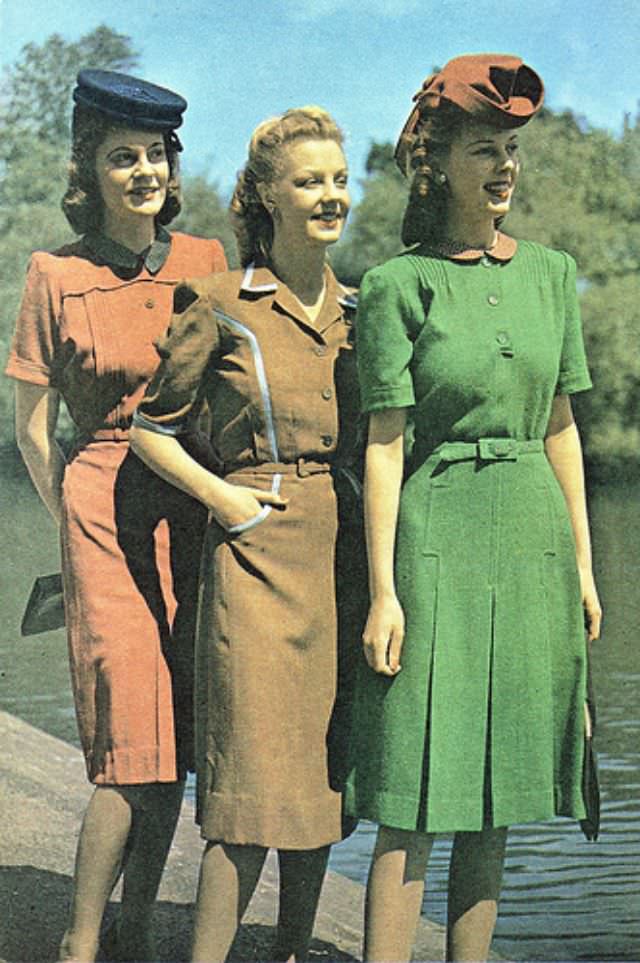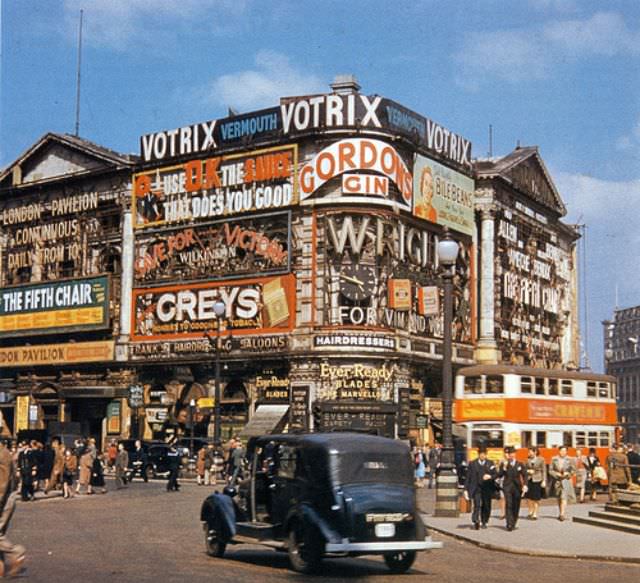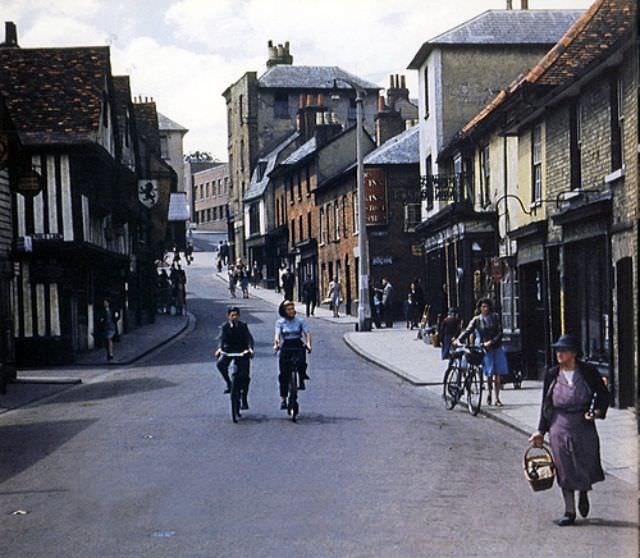World War II transformed Britain. From the bustling cities to the quiet countryside, everyday life was touched by the conflict. While soldiers fought overseas, those on the home front faced challenges and hardships, but also showed incredible community spirit. Let’s step back in time and explore what life was like for Britons during this pivotal period.
The war brought a constant sense of danger. Air raids were a frequent occurrence, particularly during the Blitz, when German bombers targeted cities like London. Families huddled in shelters, often underground, listening to the terrifying sounds of explosions and sirens. The threat of invasion was ever-present, and coastal towns prepared defenses against potential attacks.
Rationing became a way of life. Food, clothing, and other essential goods were in short supply, as resources were diverted to the war effort. Families had to make do with limited rations, learning to be creative with their cooking and mending clothes to make them last. “Dig for Victory” campaigns encouraged people to grow their own vegetables, transforming gardens and parks into makeshift allotments.
Everyday life was disrupted. Schools were sometimes closed or relocated, and children were often separated from their families due to evacuation. Many were sent to live with strangers in the countryside, considered safer from bombing raids. This caused emotional strain and uncertainty for families.
The war effort touched every aspect of society. Women took on new roles, working in factories, farms, and hospitals to fill the gaps left by men who had gone to fight. They also joined the armed forces, serving in vital support roles. Children contributed by collecting scrap metal, helping with harvests, and raising money for the war effort.
Neighbors looked out for each other, sharing resources and offering support during difficult times. The spirit of “Keep Calm and Carry On” prevailed, as people tried to maintain a sense of normalcy amidst the chaos. Entertainment played a vital role in boosting morale, with music halls, cinemas, and radio broadcasts offering a welcome distraction from the war.


